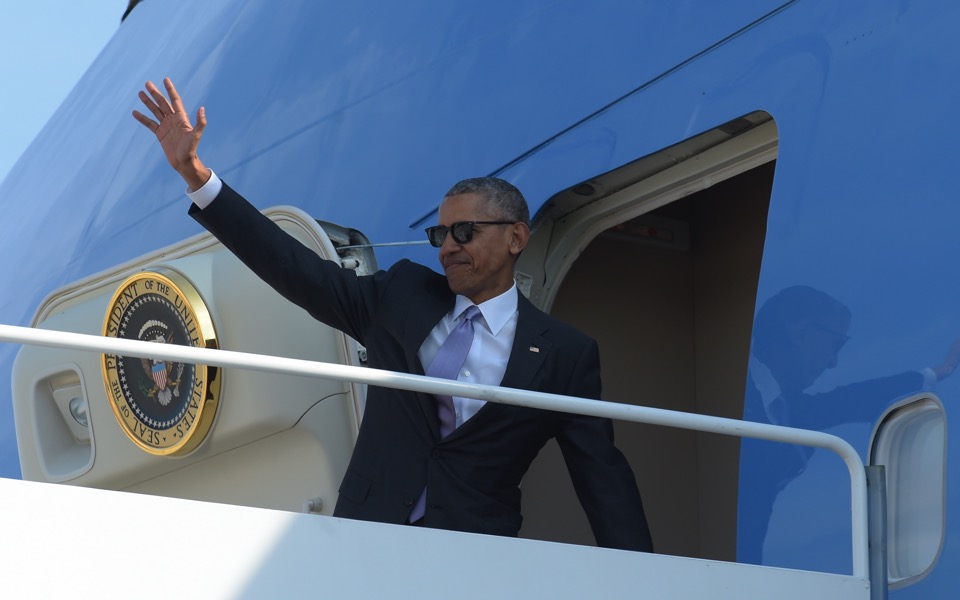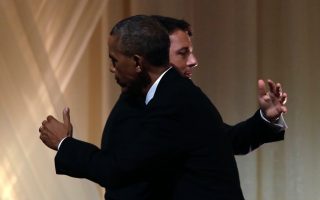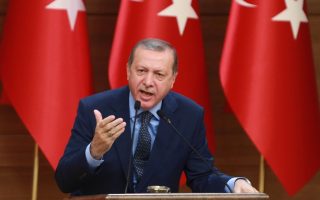Reasonable expectations

US President Barack Obama’s expected visit to the Greek capital next month could mark a turning point in bilateral relations between Washington and Athens at a time when Greece is facing significant financial as well as diplomatic challenges.
This belief is grounded in a combination of factors, including the American leader’s political philosophy, his proposed solutions as regards the economy, and his positive image among the Greek public.
Greece is trying to cope with an ongoing economic crisis and the rapid pauperization of its population under the burden of an austerity-driven policy mix that the US president rejects. Meanwhile, the provocative neo-Ottoman outbursts of Turkish President Recep Tayyip Erdogan and his direct confrontation with the US have changed the way in which he is seen in Washington (and in Brussels). The conditions are ripe for some substantial steps.
As far as the economy is concerned, Washington’s position is clear. Obama has repeatedly backed calls for Greek debt relief – and he did so again during his meeting with Italian Prime Minister Matteo Renzi at the White House this week. During the annual conference of the International Monetary Fund, US Treasury Secretary Jack Lew stressed the need to restructure Greece’s debt as soon as possible. At the same time, of course, American officials never cease to remind Greece of the need to enforce the difficult yet necessary reforms that will make its economy more productive and more competitive.
The economic crisis is not the only concern of course. There is also the geopolitical instability that threatens Greece and which should worry the superpower. Terrorism concerns and the humanitarian tragedy of the refugee crisis have catapulted Greece to the center of attention. Washington has both directly and indirectly underscored the need to support the country. It’s time that those words were put into action.
In a sense, it helps that Greece is ruled by a left-wing party. Leftist officials may not have the experience, the knowledge or the skills of their predecessors, but the mere fact that they are in power reduces the possibility of populist anti-American reactions in Parliament or on the streets, which would hardly be in the national interest at this moment.
Geopolitically speaking, and following Erdogan’s revisionist over-the-top remarks, Washington is expected to support the self-evident fact: All states ought to respect international treaties – a fundamental condition of international relations. Turkey, of course, remains a key player. Its geographical location – Russia, Iran, Iraq, Syria, the Eastern Mediterranean – gives it considerable leverage, and so does its population and the size of its economy. However, Ankara clearly no longer has a western orientation. On the contrary, it is sliding toward an authoritarian style of governance. Sending out too many wrong signals could whet Turkey’s appetite. In any case, it is key that the status quo in the Aegean remains undisturbed.
In this light, Washington is expected to invest in safeguarding Greece economically as well as geopolitically. Obama’s visit would be an excellent opportunity to start working on this. The US should promote policies and, if possible, undertake commitments regarding the need to support the Greek economy and protect its territorial integrity, always within the contours of international law.





